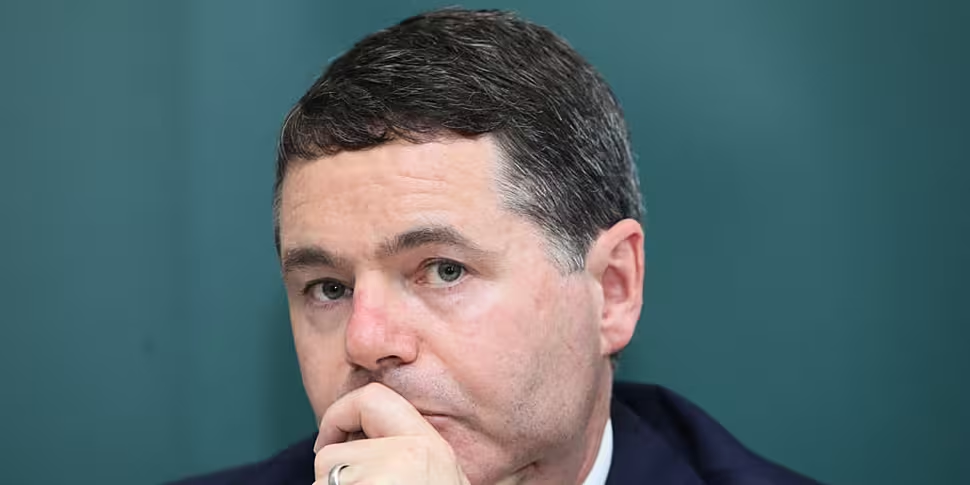The Finance Minister will this morning update the Cabinet on his plans for this year’s budget.
Paschal Donohoe is expected to tell his colleagues that Budget 2020 will be based on the assumption that the UK will crash out of the EU without a deal.
That is likely to mean the Government will need to borrow heavily to follow through on plans for a €700m increase in capital spending.
There may also be increases in social welfare and supports for industries likely to be hardest hit by a no-deal Brexit.
***
The state-funded scheme for those in mortgage arrears is going to be extended for another three years.
At this morning’s Cabinet meeting, Ministers Charlie Flanagan and Regina Doherty will call for an investment of more than €17m to keep the Abhaile project running over the next three years.
The scheme has given advice to more than 12,000 households at risk of losing their home since it was established in 2016.
It is estimated around 22,000 homes are currently in long term mortgage arrears.
***
The Beef Plan Movement has insisted farmers are not to blame for job losses at meat factories.
Around 3,000 workers were temporarily laid off at meat processing plants around the country.
Meat Industry Ireland said the ongoing protests over beef prices are to blame – and threatened further layoffs if farmers continue what it called their “illegal blockades” at the factories.
Beef Plan spokesperson Brendan Barry said farmers simply want a fair share of beef profits and insisted the job losses could have been avoided if processors engaged in talks to end the dispute.
***
Men’s pensions are an average of 35% higher than women’s in Ireland according to new research from the ESRI.
The study finds that Irish men are pulling in an average of €433 in pensions – while women are receiving an average of €280.
It notes that the gap is because significantly more men are receiving private pensions in addition to their State pensions.
Meanwhile, among workers that do receive private pensions, 93% of men have worked for more than 30 years – while only 33% of women had done so.
There is no gap among people receiving the State pension.
***
Almost half of the country's community groups say they're in danger of closing if insurance costs continue to rise.
Public Participation Networks, which supports 15,000 of the groups in local authority areas around the country, said 83% have seen their insurance costs rise in the last three years.
Its research also found that high costs have forced 45% of community groups to reduce their services.
Meanwhile, nearly nine in ten believe the government is not doing enough to tackle rising insurance costs.









